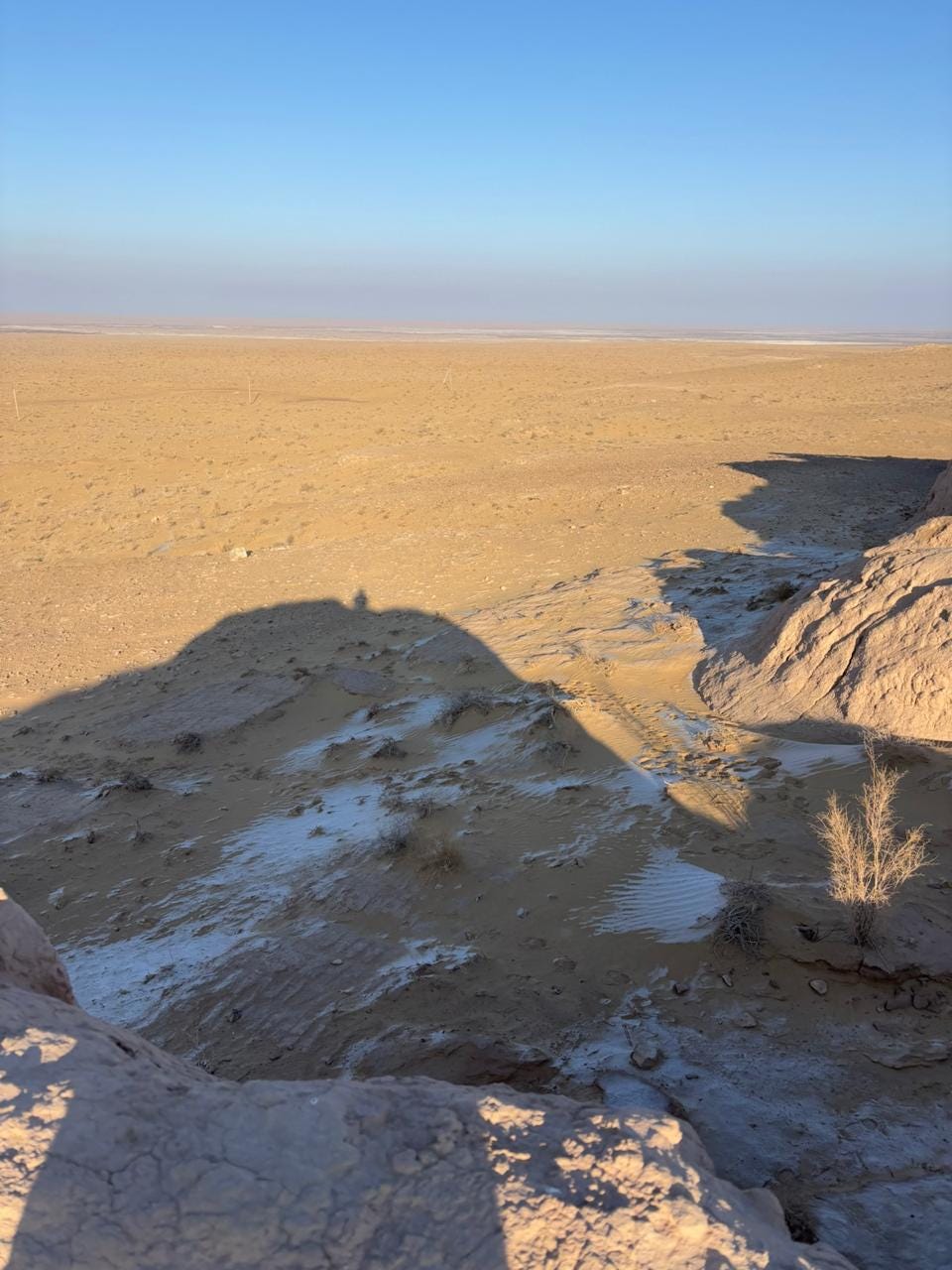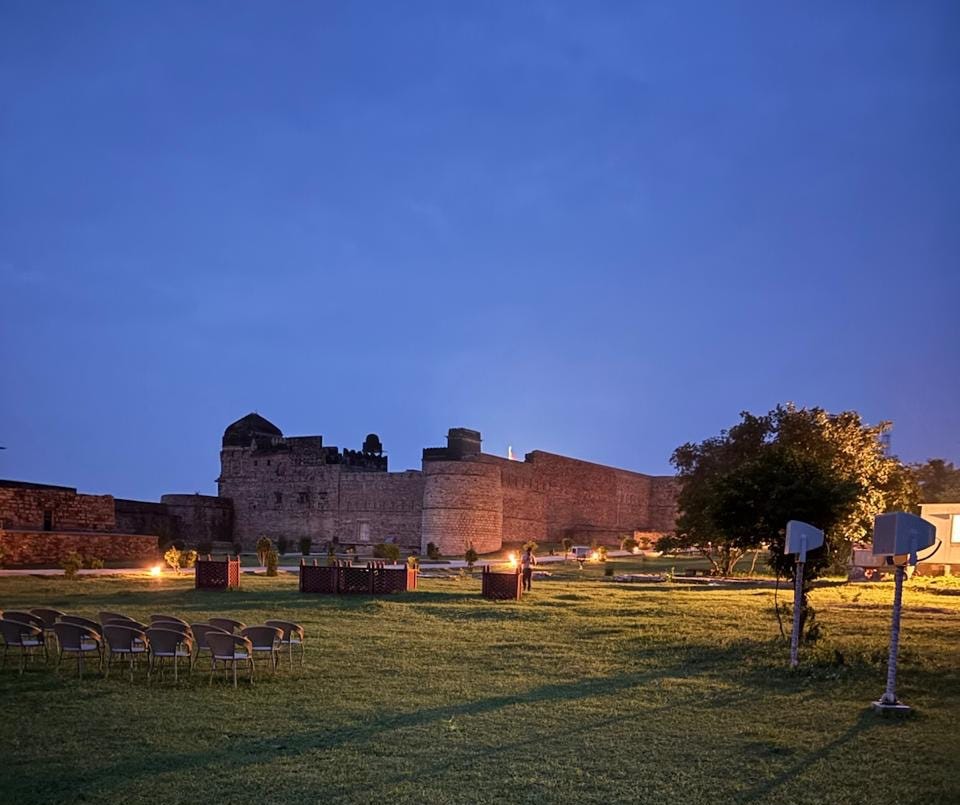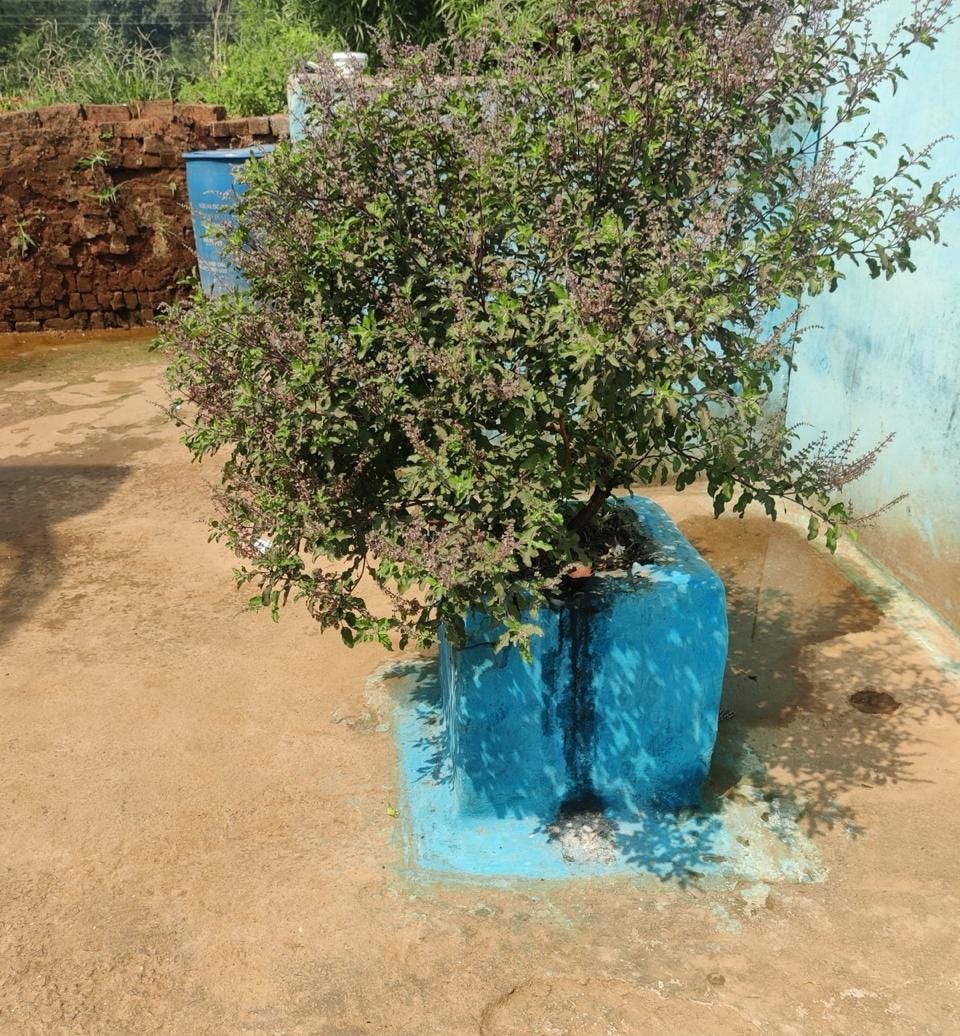I didn’t inherit any souvenir from my forefathers or foremothers. No jewellery, no land, no everyday remnants either. My grandparents also didn’t leave me much. There are stories I often travel back to make sense of my past (and present). My great-grandfather died on his great pilgrimage to char-dham. The year I was born, my grandfather retired, freed of his duties towards his six children, and after grandfathering 19 children, set out for the same pilgrimage. When I accompanied my parents, uncles, and aunts on the pilgrimage as a ten year old, we first gathered how many sites my great-grandfather had covered before he died in the auspicious journey. We registered our names in the notebook of a panda (record-keeper cum pandit) for the next generations of our clan to find us. But this really is not the travel the modern-urbanites romanticise.
Probably, some proto-imagination of travel has always existed. Devout Hindus travelled and hiked beyond adventures to go to pilgrimages, to worship the God in their natural habitat (The fantastic stories of Vana Parva and Mahaprasthanika Parva of Mahabharat). There is something sacred about pilgrimages beyond religion. This is before pilgrimages were made convenient for air travellers and resort inhabitants (My heart laments, what are we doing to the sacredness of the home in which our Gods live. What will we do with the Gods after destroying their mountains and rivers. What is this entitlement, do we deserve our journeys?)
When I think of travellers, I also think of men who frequented our history books. Men who travelled as enquirers, as traders, as historians, as scholars, as aspiring colonisers. But this is not the leisure travel we plan in our three-week holidays granted by our lords. Yet I think about these journeys because the vocabulary of travel was existential, so central to our lives. It is supposed to transform our perspectives towards the world. It is important enough to be a determinant of our life decisions- marriage, children, homing et al.
My parents, the first-generation urbanites, were keen to ape all evidence of culture, leisure tourism being an important one. Thus they took us for at least a trip or more every year. The adult version of me stuck so much inertia against travelling. Probably it was my girlhood that constantly created boundaries. There were so many boundaries I was already fighting that merely hopping across geographical boundaries seemed pointless. Then I think I have travelled so many countries in one city but who can stamp that. When I was dating my partner, he had once shaved for an American visa appointment. His family held American and UK visas easing their further trips around the world. My world, big and small, didn’t hold much for globe-trotting. I’d feel dumbstruck when my company names-drop sites of the world.
I have been meditating upon the idea of travelling, not as a contradistinction to tourism though. Skimming through cities and countries while holding myself hostage at my place of residence seems futile, I debated. I want freedom in my everyday. I have quit many jobs in my short career and every exit has been suffixed by breaks to facilitate self-actualisation- Vipassana (meditation retreat), rural rejuvenation (hands on workshops), volunteering attempts. I’m restless in pursuit of myself. What respite would a hotel in a foreign city provide me?
We were at a beach in Hoi An and the sunset waves swept through my feet. The evening melancholy made me wonder that it is people who have the lowest carbon footprint whose houses are destroyed for roadways, railway, airports, eco-friendly resorts. I asked my partner, should we really travel? I don’t want to earn that much money. I want to have fair economic relations with everyone around me. That’ll take away most of my money, should I really try to earn money to facilitate express-seeing the world. In the pursuit of templatised tourism.
I’m not an extraordinary traveller, I might not even be ordinary (I’m a bona fide grihasth, committed to my city and my kitchen. But I have been travelling so much recently for holidays, for people, for events, for uncategorisable ghumakkadi). I sometimes read obsessively about a prospective holiday destination, but mostly fall prey to Top 10s on YouTube and then feel immensely inefficient as a person. Neither would I call myself frugal. I don’t feel scared of not having seen everything but I must justify the price of the flight. In an urgent voice note to my friend, I said, I think this is what it is. It’s what the idea of tourism has done to the self image of locals. Plundering, violating their homes and cities for half-interested visits of strangers. For reducing their food to cuisines and serving them to unaccustomed tongues. But how do you render the desire to see as illegitimate, it is probably a reasonable curiosity.

I do not detest travelling, I must interject. I have learnt so much by putting myself in strange geographies. My relationship with the sand and the snow and the Sun and the realisation that the three can co-exist. The taste of different flavours on my palate and the worth of the texture of roti to extinguish hunger. The fruits of different cities and countries and their municipal offices, the names of their streets and bazaars. The roads that can be walked and cities that have to be seen on foot. The shade of nights and the ornaments of light that bejewel the city. The colour of faith amongst other colours. New places fill me with a sense of new possibilities, new configurations to carry back home.

And it happens often. You see homes, foods bland, similar to yours. And I wonder why I am here. Why can’t I appreciate the hills in my hometown, why do I have to fly to other countries to see this. But it’s ghastly to compare places. All places are important. I think back to the loud conversation with my husband, why are you not curious about Jharkhand or Odisha. I complain about this phenomenon to my friend and we lament the West-centric gaze of the metropolitan breed.
Does everyone quarrel with themselves this much? I thought I should seek expert guidance. Utsav serendipitously appeared in my earphones while I was cycling in the neighbourhood, pedalling my questions. I learnt probably everything about Utsav while listening to him on The Seen and The Unseen. He made travel sound a creative (and not just consumerist) enterprise. His journey spoke to me and I decided to speak to him further. Utsav and I got on a video call a couple of months ago to discuss our philosophies on travel, emphasizing curiosity and slow travel. Utsav highlighted the importance of understanding local cultures and environments, rather than just ticking off destinations. We discussed the ethical implications of travel, including the impact on local communities and the environment. Utsav shared his experiences with slow travel in Bosnia and Himachal, and the importance of empathy and self-reflection in travel. We reflected on the privilege and responsibilities associated with travel.
Before we dive into the interview in the next newsletter, this would be a good time to listen to this episode on The Seen and The Unseen and most importantly check out Utsav’s podcast, Postcards from Nowhere. I was a beneficiary of an early cohort of the Six Per Cent Club, co-led by Utsav and Deepak. If you have been procrastinating a new project, this is the push you need.
This month I wrote in Indian Express about my hometown, you can read it here. Do consider buying me a book to support my work!








There were some lines in here that resonated deeply with me! Beautiful writing.
“I’m restless in pursuit of myself.”
“…the pursuit of templatised tourism.”
“...we lament the West-centric gaze of the metropolitan breed.”
I have been trying to find meaning in my travels as well. It isn’t pretty or meaningful most of the time, but it gives me a sense of escapism—taking me to different worlds.
much appreciate your 'philosophies on travel'